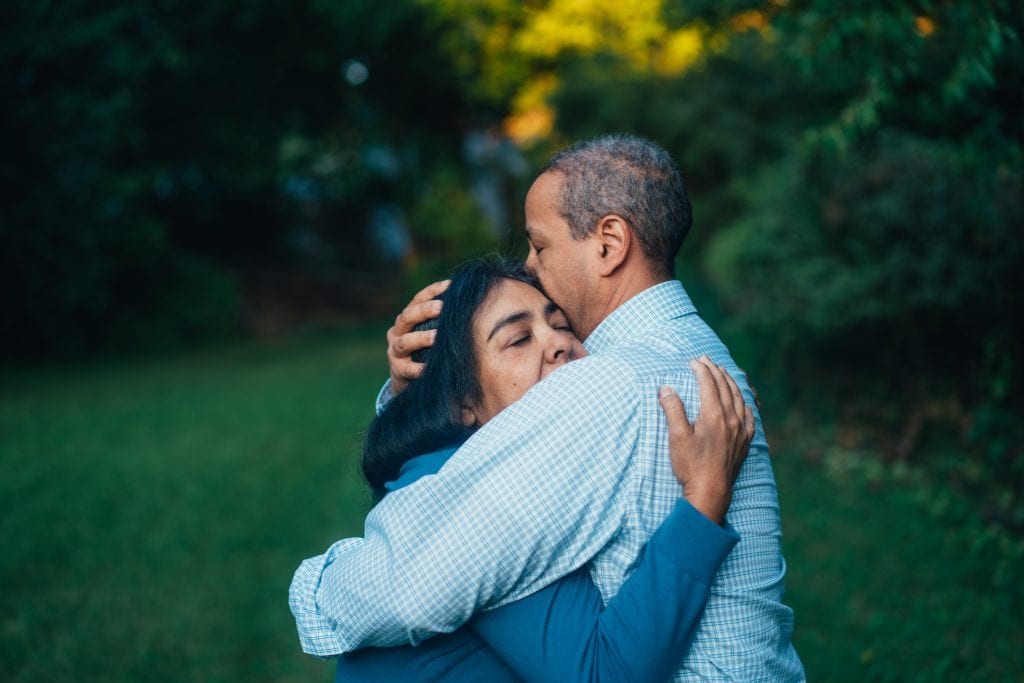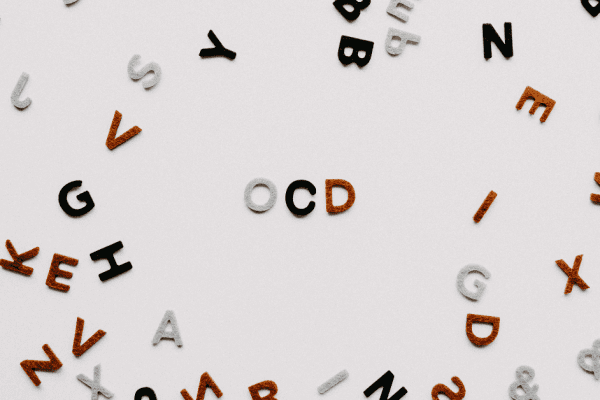
It can be challenging to know how to help someone with depression. The Banyans have helped hundreds of people and their loved ones navigate the hardships of mental health. Learn what to say (and what not to say!) to someone who is depressed.
This article may be helpful if you:
- Want to learn more about how to help to someone with depression.
- Are unsure about what to say to someone who is depressed.
- Would like more resources about helping someone with depression.
Watching our loved ones experience depression can be heartbreaking. They may have lost elements of their personality or struggle to see the value in their lives. It is not an easy journey for them or those they love. It can be challenging to understand why our depressed loved ones can’t just “cheer up”. Although we want to, we might not know what to say. Instead, we may sit in silence, avoid the conversation or worse – say something that isn’t helpful at all. Words are a powerful tool. A simple phrase can encourage someone to feel brave enough to seek help and continue to persevere despite overwhelming negative emotions.

What to Say to Someone With Depression: 3 Vital Tips
When trying to help someone with depression, it can be helpful to ensure your words are aligned with the TEA acronym. This easy acronym is designed to help you know what to say to someone who is depressed.
Here’s what “T.E.A”stands for:
T = Thoughtful
Ask yourself: Are my words thoughtful?
This is the most important consideration when helping someone with depression. You may feel overwhelmed with some of the other suggestions in this article – but always come back to this one consideration: are my words thoughtful?
Your loved one will recognise the effort you are putting in to be intentional about how you speak about depression and their emotions, even if you don’t necessarily understand.

Related: What is depression?
How to speak thoughtfully about depression:
Thoughtful comments are empathetic and gentle. They consider that your loved one is not always choosing to experience depression, but they are experiencing an illness. Thoughtful comments acknowledge your loved one’s sensitive emotional state and try to help empower them to make their own decisions.
Thoughtful comments might include:
- Would going for a walk outside help you feel better? Or perhaps a shower?
- I noticed you haven’t eaten much today. Would it be helpful if I made you some toast?
- What are some activities that help you feel better? Could we do some together?
- Who else could we ask to help us work through how you’re feeling now?

Why do thoughtful comments help?
Thoughtful comments avoid invalidating or minimising the severity of a person’s experience with depression. By making sure you are acknowledging how they feel in a gentle yet empowering way, your loved one will feel supported and cared for. This can relieve the burden enough for your loved one to start making small yet positive actions. Thoughtful comments can encourage your loved one to start making small and positive actions.
E = Encouraging
Ask yourself: are my words encouraging?
Although watching your loved one with depression may feel hopeless and, in some cases, frustrating, encouragement goes a long way in helping them see the light at the end of the depression tunnel.
For some people, talking to someone with depression in an encouraging way might feel overly simple or even condescending. However, when a person is experiencing depression, their brain is often “foggy”, and they may have minimal motivation. A small and mundane task can be a huge accomplishment – and help or encouragement for those actions is much appreciated.
Related: Spotting depression – know the signs and symptoms of depression
How to encourage someone with depression
Encouraging words often identify things that a person is doing well rather than the things they are struggling with. On the more difficult days, your encouragement may look towards the future and the hope that they can (and will) improve with the right support and sufficient time.
Encouraging comments might look like some of the following:
- You look healthier today. Are you feeling a little bit better on the inside?
- Improvement is a slow process, but I know you will keep improving.
- I know you are doing your best to get well. What would be helpful for you right now?
- Do you feel you could manage a small task today, like taking a shower?
- I know recovery can be tiring – but you have come so far from where you were. Together, we can get you through this.

Why is encouragement so helpful when talking to someone with depression?
One of the major defining characteristics of depression is a sense of hopelessness. Your loved one may feel like there is nothing worth living for or unmotivated to achieve even simple tasks.
Encouraging words are a powerful antidote to despair. By providing your loved ones with reasons to be proud of themselves or reasons to look forward, you are being their eyes when their vision of the future is not as clear.
Related: Eight simple strategies for managing depression
A = Accurate
Ask yourself: are my words accurate?
If you are going to help your loved one, do some research to ensure that you are armed with the most up-to-date and correct suggestions.
Some things to consider might include:
- What professional support is available under Medicare and your private healthcare (if applicable)? Where are these therapists located, and what is the wait time?
- What resources may be helpful for your loved one, and how can they be accessed?
- Would a residential rehab program be a beneficial option for your loved one and their recovery?
- Research-based strategies for managing depression.
Download a free support guide for depression.
This free, downloadable PDF will help you start a conversation with a loved one about depression, and give you some trustworthy information about recovery.
How to Help Someone With Depression: What Not to Say

Although there are no right or wrong things to say, imagine putting yourself in the shoes of your depressed loved one.
A good way to do this is to imagine you are going through a serious breakup, have the flu, or are a dependent child. Try to nurture your loved one the way you would in that situation.
Below are a few key phrases or topics to avoid:
1. Things like “You’re overreacting”, “Just cheer up”, or “It’s just in your head”
In some ways, depression is a severe or extreme case of otherwise normal emotions. However, depression is unrelenting and ongoing – some people live with depression in some form for most of their lives. Although there are many causes of depression, it is often a combination of biological, emotional and circumstantial factors. As such, it may be tough for your loved one to simply “cheer up”.

Instead of telling your loved one to cheer up, you could:
- Ask your loved one if they know why they feel the way they do and accept “I don’t know” as a legitimate answer.
- Explore potential triggers with them and see if there is anything you can do together to help them recover.
- Thoughtfully suggest small, manageable tasks. Remember – you want to empower them to make decisions and take control. You are simply there to encourage them towards improvement.
It is always recommended that your loved one seeks professional support if they are experiencing depression in any form.

2. Tell them about others who have had depression
Although you may be trying to be helpful, it is not always beneficial to hear of a long-lost relative or mutual friend of a friend who has experienced depression. Focus on your loved one’s experience and acknowledge that what they are going through is real and valid. If this feels scary, you may benefit from asking how they feel using colours or numbers instead of words.
For some people, talking with your loved one about their experience may hit a little too close to home and can leave you feeling heartbroken, drained, afraid or ill-equipped to help them. It is also essential to receive the professional support you need to thrive from a registered psychologist, support group or online forum of other support people going through the same thing.
Looking for more?
The Banyans website is full of resources, articles and other pieces of information that might help you and your loved one navigate the challenging experience of depression. Seeking help sooner rather than later is always better for more favourable outcomes. Speak to our expert team 24/7 on 1300 226 926 or make an enquiry below.














